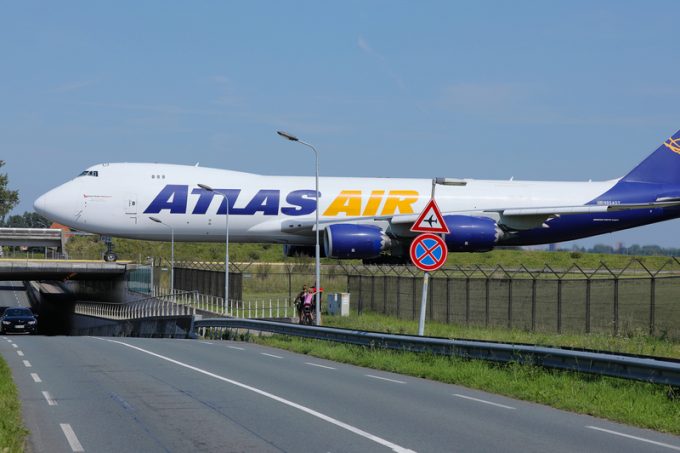2025 is 'all about cargo', says Amazon operator Sun Country Airlines
Apollo Global Management, owner of Atlas Air, has sold its remaining 12% of Sun Country ...

UPDATED 7 OCTOBER TO INCLUDE ATLAS AIR RESPONSE
Atlas Air (AAWW) pilots, still negotiating their new contract, have complained that the airline is now ’moving the goalposts’.
The pilots claim they have provided, as ordered by a court, the seniority integration list, and negotiations have resumed – but one pilot noted on social media that “in over a four-year history of bargaining with AAWW on [the] pilot contract, last week was [the] least productive session to date.
“It is time for shareholders, analysts, ...
Asia-USEC shippers to lose 42% capacity in a surge of blanked sailings
USTR fees will lead to 'complete destabilisation' of container shipping alliances
New USTR port fees threaten shipping and global supply chains, says Cosco
Outlook for container shipping 'more uncertain now than at the onset of Covid'
Transpac container service closures mount
DHL Express suspends non-de minimis B2C parcels to US consumers
Zim ordered to pay Samsung $3.7m for 'wrongful' D&D charges
Flexport lawsuit an 'undifferentiated mass of gibberish', claims Freightmate

Comment on this article
Joe Public
October 07, 2020 at 10:29 pmAnother example of CEOs attempting to line their pockets at their own staff’s expense.
Whilst most industries are guilty of this practice, the aviation industry just does a really bad job of hiding this typical trait of management.